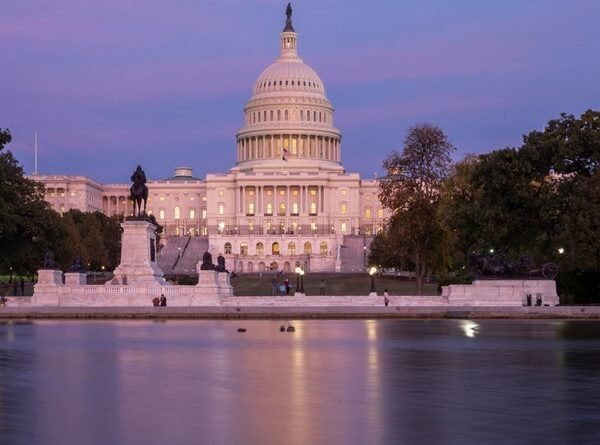New Senate Bill Aims to Address Legacy College Admissions with Bipartisan Support
Senators are renewing their focus on legacy and donor preferences in college admissions as increased scrutiny follows a recent Supreme Court ruling that invalidated the use of race as a factor in college admissions.
Sens. Tim Kaine, D-Va., and Todd Young, R-Ind., introduced “The MERIT Act” Tuesday, a bill that would effectively end “preferential treatment” via college legacy admissions by changing requirements for school accreditation by eliminating non-merit-based admissions factors, the Wall Street Journal reported.
Preferences in college admissions for applicants whose parents have graduated from or made financial contributions to an institution are said to have disproportionately favored white and affluent students.
“America is a land of opportunity, not a land of aristocracy,” Young said. “Legacy admissions restrict opportunities for many bright and talented young Americans and provide an unmerited advantage to the most connected individuals in our society. Our bill will end legacy preferences in the admissions process and promote upward mobility for Americans of all backgrounds.”
Kaine asserted that the legislation aims to guarantee that first-generation and economically disadvantaged students do not face disadvantages in the college admissions process.
“A student’s acceptance into a college should not hinge on whether their parents attended that school or donated a large sum of money,” he said, according to The Hill. “This legislation would help bring more fairness to the higher education admissions process and ensure that first-generation and low-income students are not put at a disadvantage because of their parents’ educational histories or incomes.”.
Advocates of affirmative action have contended that legacy admissions offer a similar form of preferential treatment that the Supreme Court had prohibited with its affirmative action ruling.
Proponents argue legacy preference aids in critical school fundraising, with at least some admission preference tied to donations. In 2022, alumni donated $13.5 billion, over 22% of total contributions to U.S. universities, according to the Council for Advancement and Support of Education.
The bill makes amendments to the Higher Education Act, which delineates the prerequisites for colleges to attain accreditation and be eligible for federal funding.
According to a nonprofit Education Reform Now report, more than 100 colleges and universities have discontinued legacy preferences since 2015. Notable institutions include Wesleyan University, Occidental College, and this year, the flagship University of Minnesota system.
The bill’s fate remains uncertain, but its introduction underscores the increased focus within Capitol Hill on matters related to fairness in the college admissions process.
Jim Thomas | editorial.thomas@newsmax.com
Jim Thomas is a writer based in Indiana. He holds a bachelor’s degree in Political Science, a law degree from U.I.C. Law School, and has practiced law for more than 20 years.
© 2023 Newsmax. All rights reserved.



